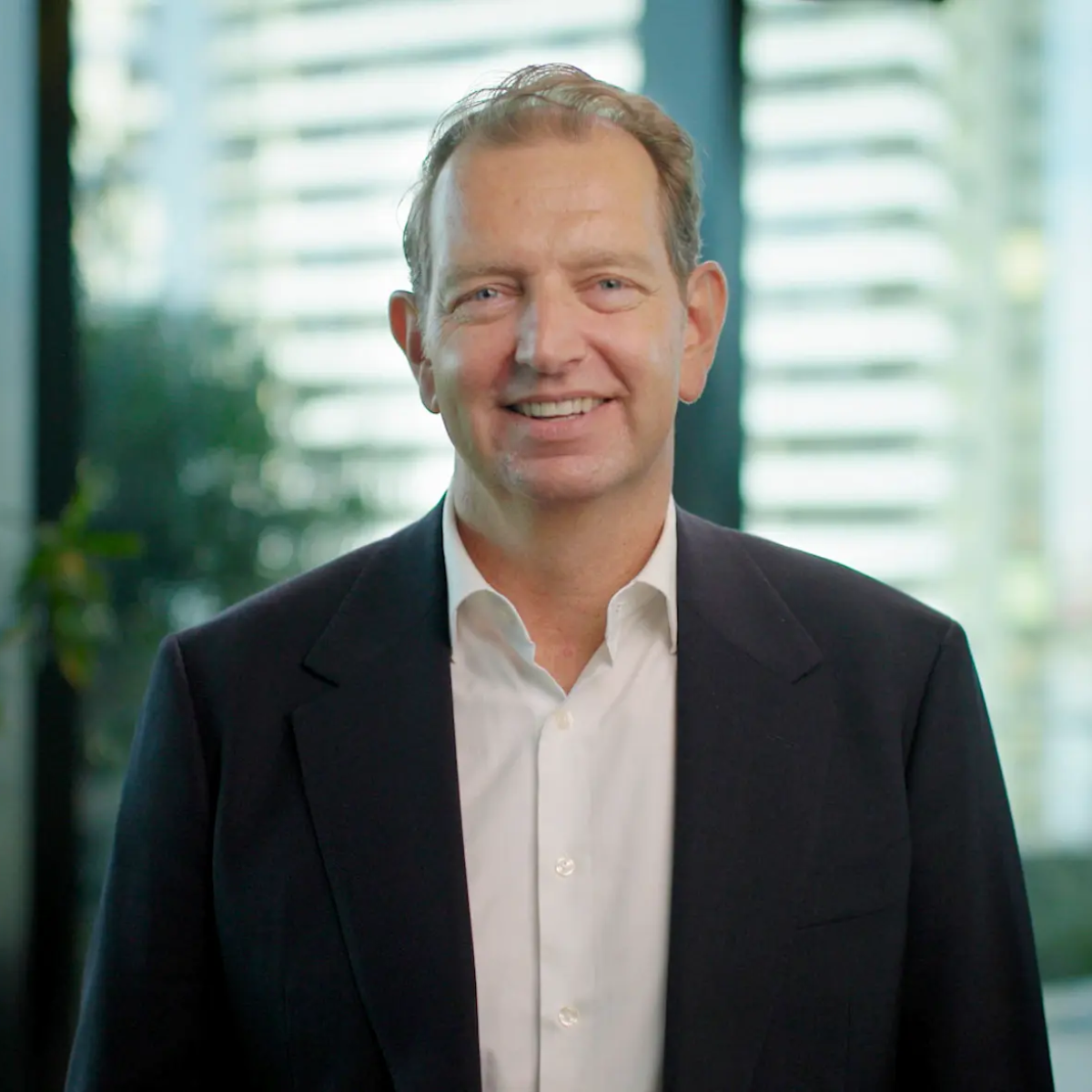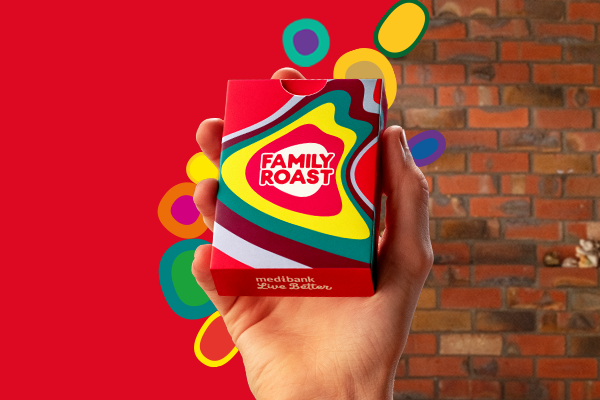What we covered in our chat
In this episode of the Well Workplaces Podcast, I sat down with Medibank CEO David Koczkar - or ‘DK’ as he’s affectionately known to most - to explore the idea of mental fitness and how leaders can create mentally fit workplaces.
We discussed what mental fitness means in practice, how Medibank is embedding it into their culture, and what managers, HR leaders, and health professionals can take from it to build more open, supportive environments.
What is mental fitness?
David defines mental fitness as the ongoing effort to strengthen our mindset, emotional awareness, and resilience, just like physical fitness. It’s about training the mind through reflection, small daily habits, and self-awareness.
For workplaces, this means shifting wellbeing from a reactive focus on illness to a proactive focus on practice. Workplaces can reinforce this mindset by encouraging micro-habits that help people pause, reflect, and reset, whether that’s short breaks between meetings, walking catch-ups, or quiet moments built into the workday.
Managing pressure and setting boundaries
David spoke candidly about how stress has shown up throughout his career and how he now recognises early warning signs such as distraction, poor sleep, or loss of presence. Recently, he found that his stress was manifesting at night, leading to poor sleep which was affecting his health. Since then, he’s learned to build “fire breaks” in his week, short periods between meetings or commitments to give his mind space to recover throughout the day, instead of letting it build up and present at night.
Managers can take a cue from this by designing healthier rhythms in their teams. Avoiding back-to-back meetings, celebrating rest as a performance tool, and making space for reflection are small yet powerful ways to build a mentally fit workforce.

Leading with openness and psychological Safety
David was clear that wellbeing starts from the top. Each week, Medibank’s leadership meetings begin with someone sharing a personal wellbeing story whether that’s mental, physical, or emotional. This simple ritual normalises open conversation and creates psychological safety within the team.
For other workplaces, this approach can be replicated at any level through regular check-ins, story-sharing sessions, or by encouraging leaders to model vulnerability. When employees see leaders being open about their own wellbeing, it invites others to do the same.
The Family Roast
One of the standout moments in our chat was talking about Medibank’s initiative The Family Roast. A simple, conversation-based game that encourages families to go deeper than “How was your day?”
It’s a great reminder for workplace leaders that mental wellbeing doesn’t stop at the office door. Encouraging employees to take home healthy conversation habits can help strengthen the social networks that underpin resilience. As David put it, “It’s about helping people have better conversations at the dinner table, because that’s often where wellbeing begins.”
Medibank has also just launched Family Roast for workplaces – bringing the tasty conversation into the office. It’s an interactive way for teams to laugh, share and feel connected. Embedding the activity into team rituals can be a simple way to incorporate workplace wellbeing conversations into every day.
Final thoughts
David’s reflections show that creating mentally fit workplaces isn’t about adding more programs, it’s about shaping culture through consistency and compassion.
He shared a few things leaders can do:
Start meetings with short wellbeing reflections or gratitude moments.
Encourage managers to share personal wellbeing stories.
Create space for rest and recovery within work schedules.
Provide tools that extend wellbeing support beyond work, into home life.
As he reminded us, “When we invest in our mental fitness, we don’t just perform better - we live better.”
Written by Tom Bosna
October 2025
Social Sharing

Medibank Family Roast for workplaces is here
Just as Family Roast has helped Australians connect at home, we're bringing the same meaningful conversations into the workplace, where we spend one-third of our lives. This is about helping workplace pause, connect and improve mental wellbeing.